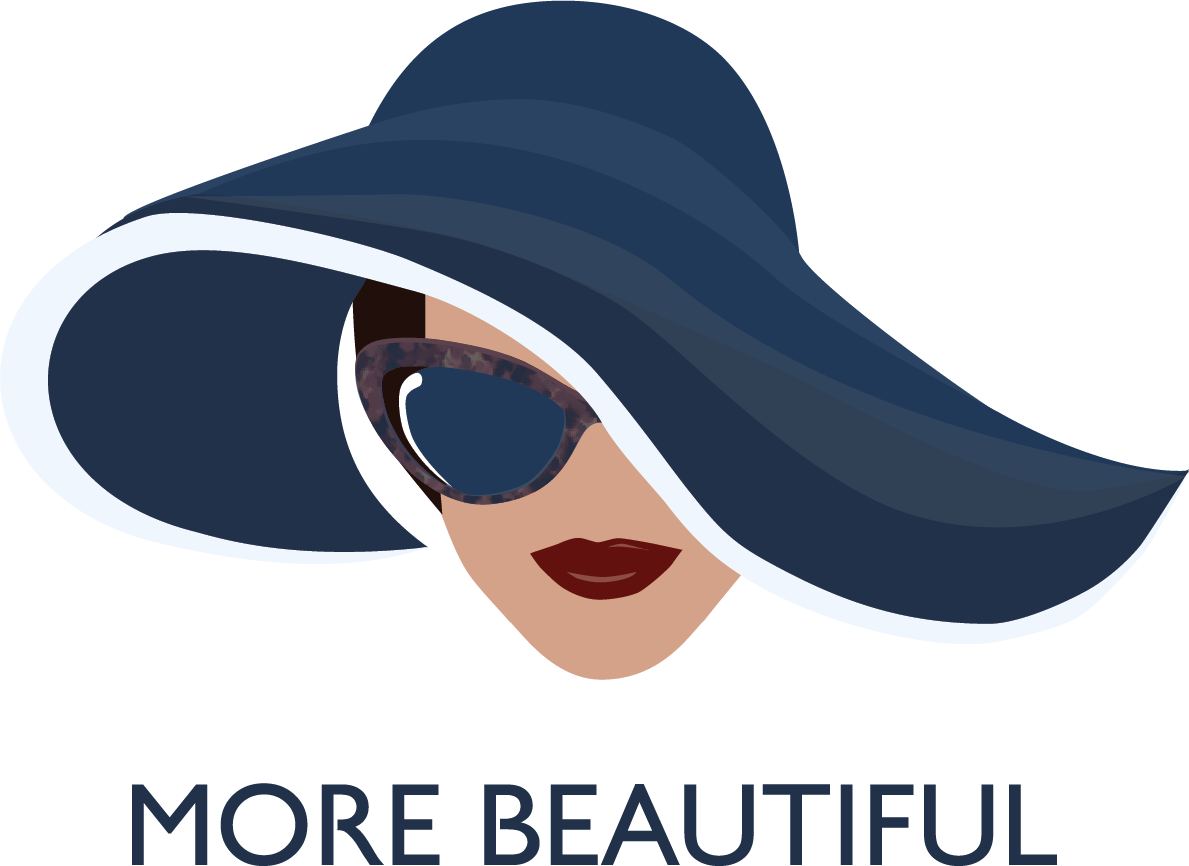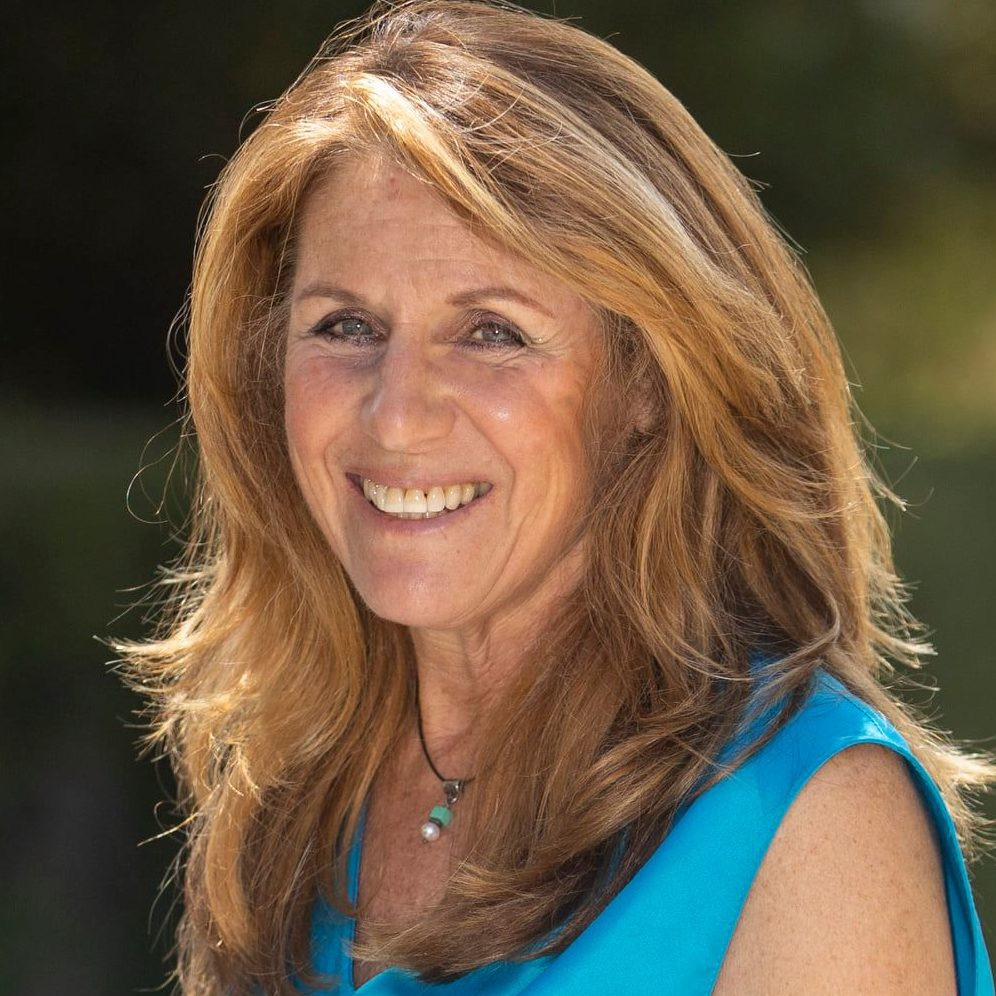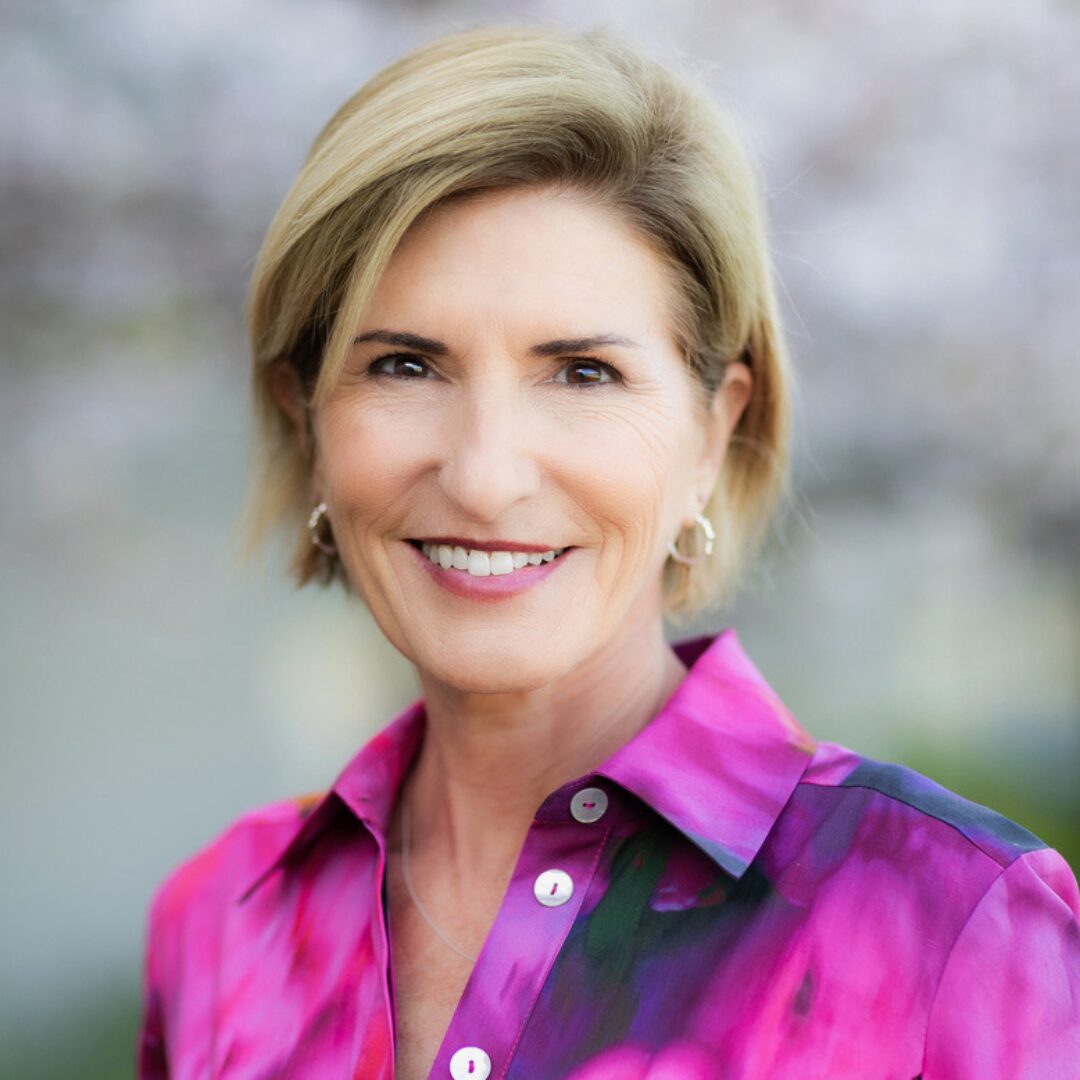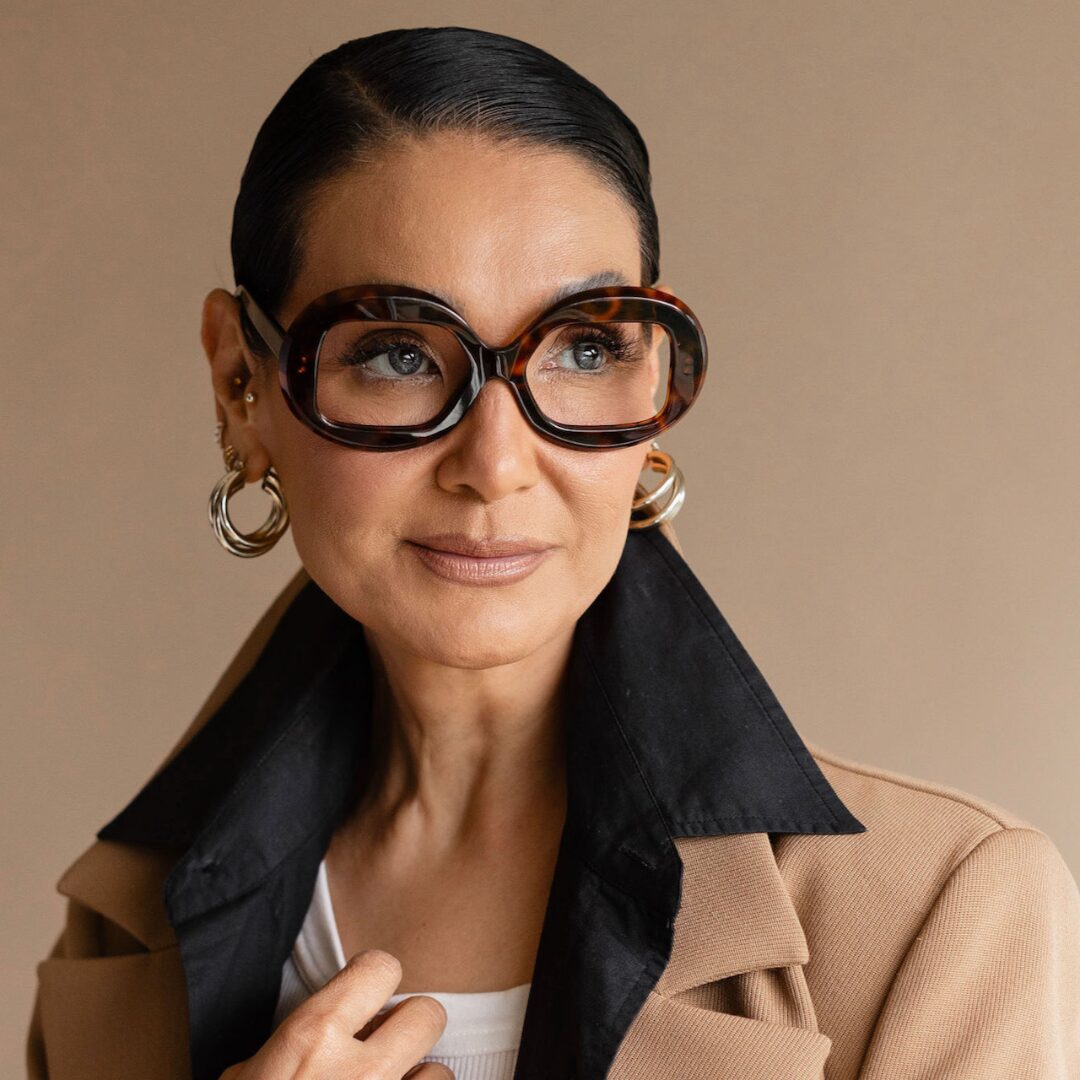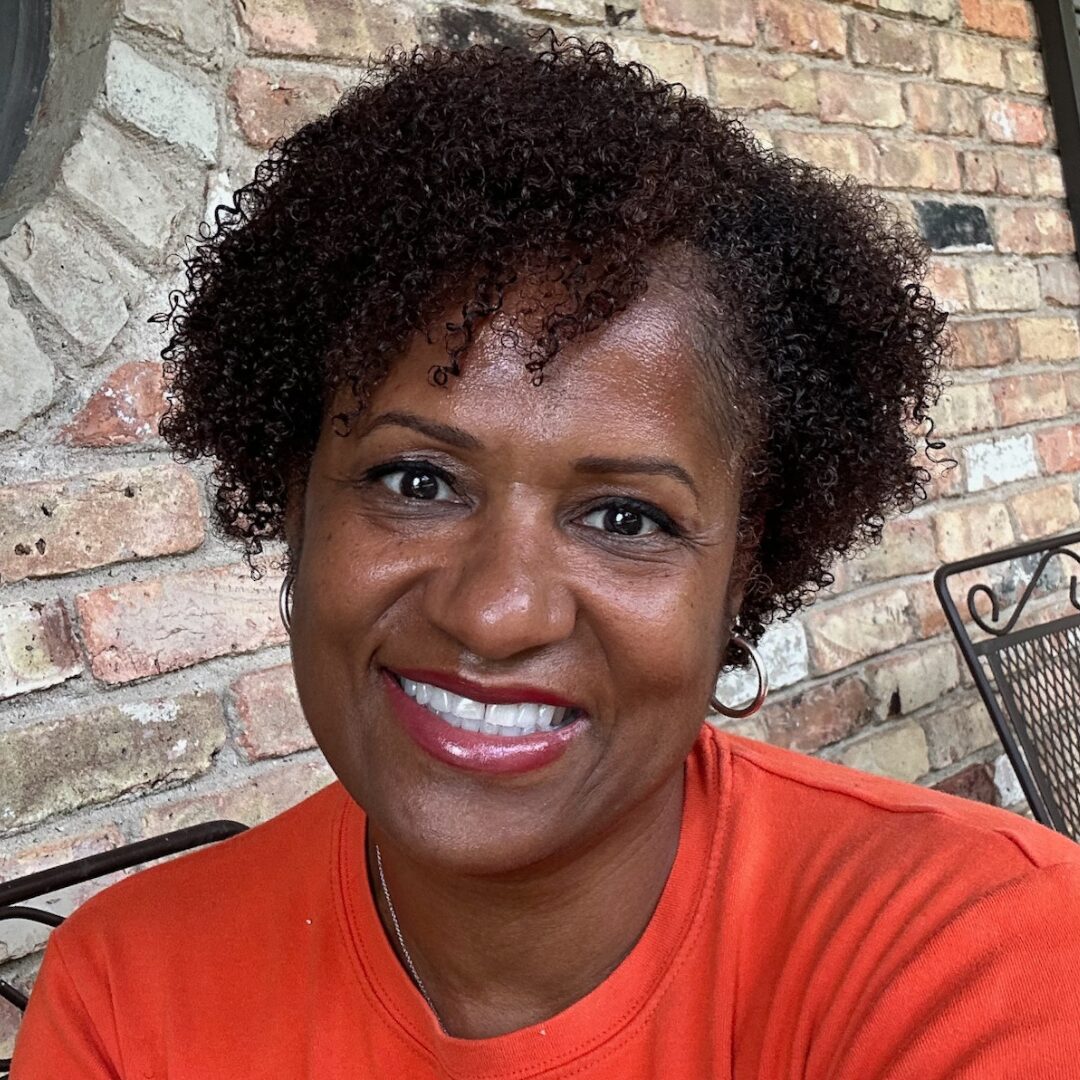Is there a good reason women live past menopause? What purpose do we serve once we can no longer reproduce? For generations, social scientists focused on these questions when studying human evolution.
But why? That’s one of the questions journalist Vicki Larson addresses in her new book, Not Too Old For That: How Women Are Changing the Story of Aging. Why have women been scrutinized primarily within the context of their reproductive status, and has anything significantly changed over the years?
On this episode of the More Beautiful Podcast, Vicki and I talk about what it means, these days, to be a woman in midlife and beyond, and why we’re actually “juicier” and more relevant than researchers would have us believe.
Among the topics we touch on:
- How the medical community historically framed menopause as a disease—and whether that’s changing
- Why we don’t talk about men’s dwindling testosterone the same way we’re hyper-focused on a woman’s fluctuating hormones
- How the “sweet old lady” and other benign stereotypes can hurt women as much as those more blatantly ageist labels
- How the pressure to “stay youthful” may be increasing, and why we need to stop comparing ourselves and judging other women
- Why misconceptions about female sexuality are rampant, and what the research really says about post-40 women and desire
Vicki Larson is a longtime award-winning journalist at a San Francisco Bay Area newspaper, author of Not Too Old for That: How Women are Changing the Story of Aging (Rowman & Littlefield) and co-author of The New I Do: Reshaping Marriage for Skeptics, Realists and Rebels, named a Best Book of 2014 by PopSugar. A resident of Marin County, California, her writing can be found in The New York Times, The Guardian, The Washington Post, Aeon, WHYY and AARP’s The Ethel among other places. She may be reached on her website.
